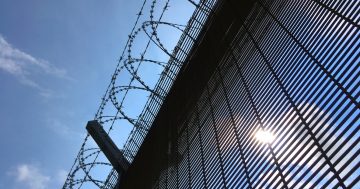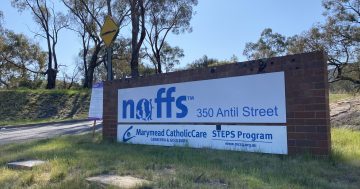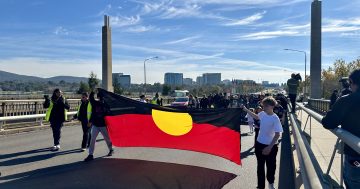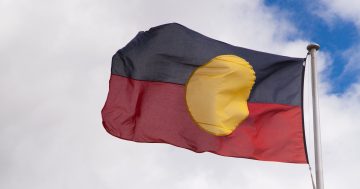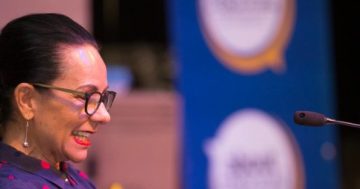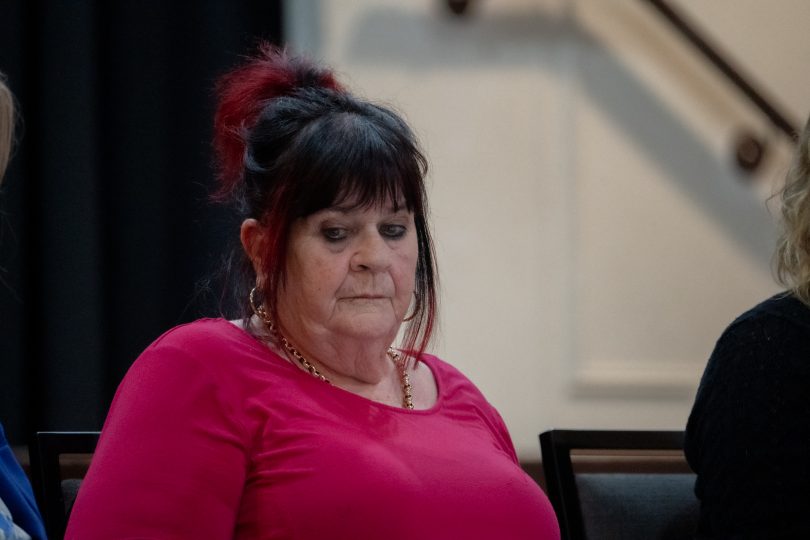
Julie Tongs says nothing will change without a royal commission-style inquiry into Indigenous disadvantage in the Territory. Photo: Region Media.
The head of the Territory’s only Indigenous-owned and community-controlled health service has accused the ACT Government of just putting words on paper over its recent Budget funding announcements aimed at reducing the number of Aboriginal and Torres Strait Islander people in the justice system.
Winnunga Nimmityjah Aboriginal Health and Community Services CEO Julie Tongs has again renewed calls for a Royal Commission-style inquiry into Indigenous disadvantage in the ACT – something the government hasn’t yet committed to.
Over the weekend, the ACT Government announced it would provide an $11.5 million cash boost over four years to eight initiatives aimed at reducing Indigenous incarceration rates in Canberra.
According to the latest available figures from the Productivity Commission’s Report on Government Services, First Nations people make up less than 2 per cent of the Territory’s population but 24.4 per cent of detainees at Canberra’s jail, and the Indigenous incarceration rate was 1369.4 per 100,000 people compared to 93 per 100,000 population in the non-Indigenous population.
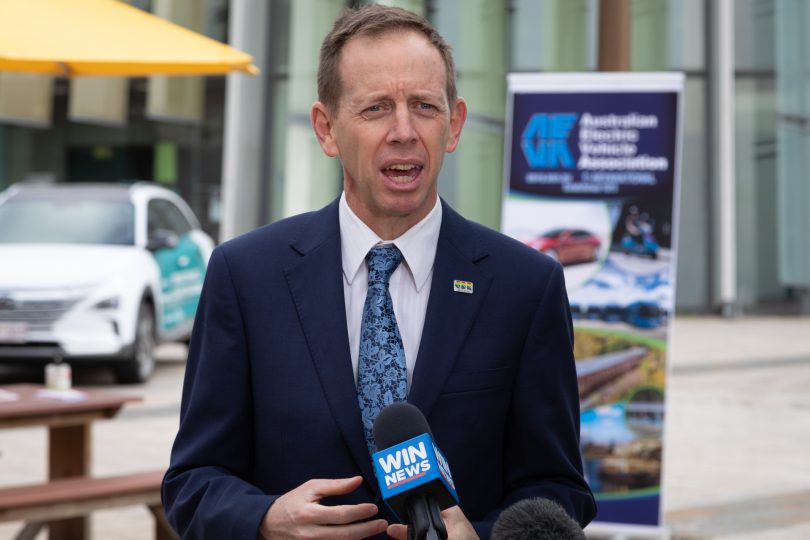
Attorney-General Shane Rattenbury said these programs take steps to address the challenges faced by Aboriginal and Torres Strait Islander people at the different stages of their experience with the justice system. Photo: Michelle Kroll.
Attorney-General Shane Rattenbury acknowledged the Territory’s justice system was significantly more likely to arrest, prosecute and jail First Nations people than non-Indigenous people.
“Many traditional justice system features are not designed with the needs of First Nations people in mind,” he said.
“That is why, from conversations with the community, we have developed a suite of new and continuing programs to rebuild trust in the justice system.”
The government is aiming to reduce the incarceration rate of First Nations people to match non-indigenous people by 2030.
Some of the initiatives to be funded by the $11.5 million include culturally appropriate support for Aboriginal and Torres Strait Islander people in police custody through an Interview Friends program, increasing the sitting days of the Galambany Circle Sentencing Court and supporting ex-detainees to reconnect with Country and community through the On Country and Empowerment Yarning Circles program.
It builds on previous announcements of additional funding which will go towards Aboriginal Legal Services NSW/ACT.
On Friday (22 July), the government also committed $9.4 million over four years to continue a holistic health service delivery model for Aboriginal and Torres Strait Islander detainees.
The funding would support the continuation of the Winnunga Nimmityjah Aboriginal Health and Community Services’ model of care at the Alexander Maconochie Centre.
That’s been welcomed by Ms Tongs – as has the commitment to the rest of the initiatives – but she was concerned about how many initiatives the government said it would fund with that $11.5 million over four years.
“They want to fund a lot of things. I’d also like to know what they mean by culturally appropriate – unless it’s Aboriginal people providing this support, then it will never be culturally appropriate,” she said.
“If they are going to provide Aboriginal people to work with detainees, then I welcome that.”
Ms Tongs was also pleased with the expansion of the Galambany Circle Sentencing Court.
Ms Tongs worried these commitments look good on paper but may not address the root cause of Indigenous incarceration rates.
“The biggest problem in this community is the racism and the poverty. From there stems the removal of Aboriginal and Torres Strait Islander children, family violence and other issues,” she noted.
“This is just one element and there has to be something with some teeth – a Royal Commission or another inquiry – to get the bottom of this.
“We can’t just keep throwing bits of funding at things when things get a little bit political. It doesn’t necessarily solve the problem. We are still going to have the problem until we work with the families who suffer racism every day.”














